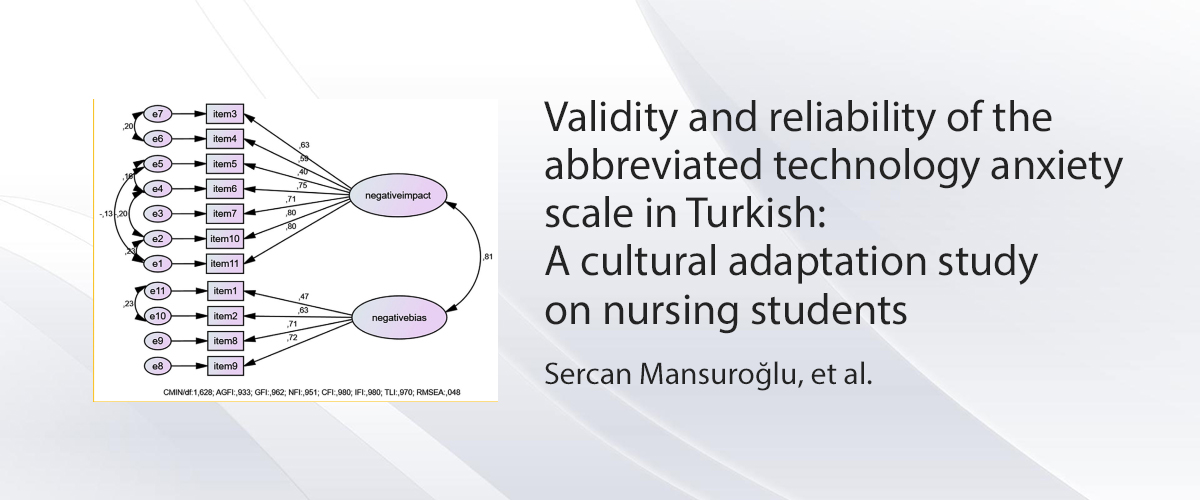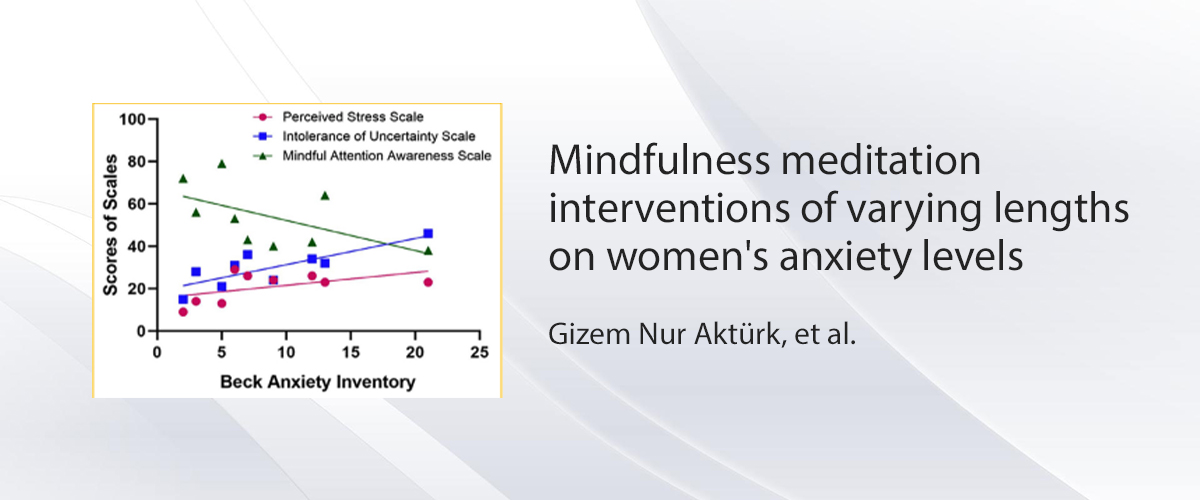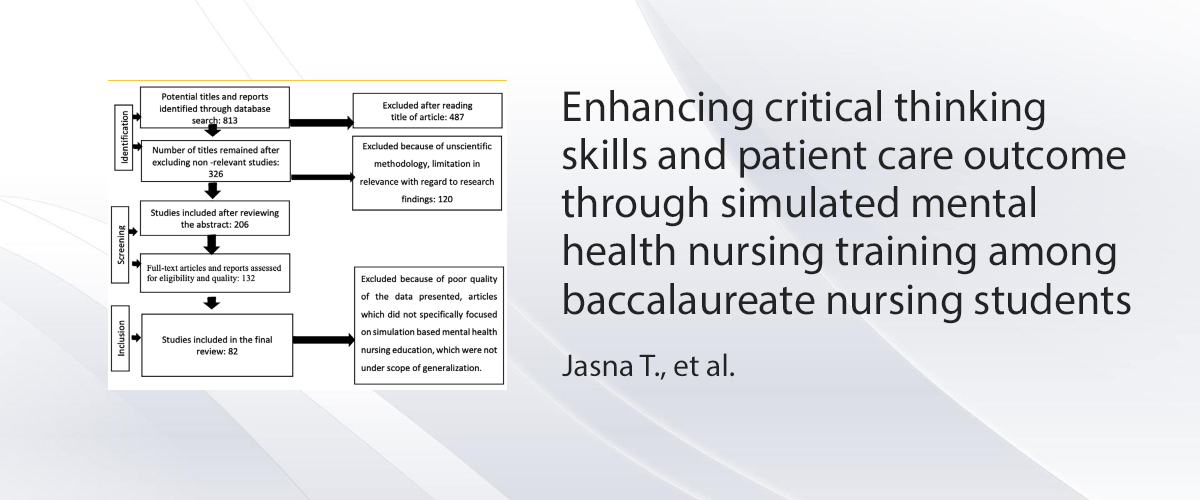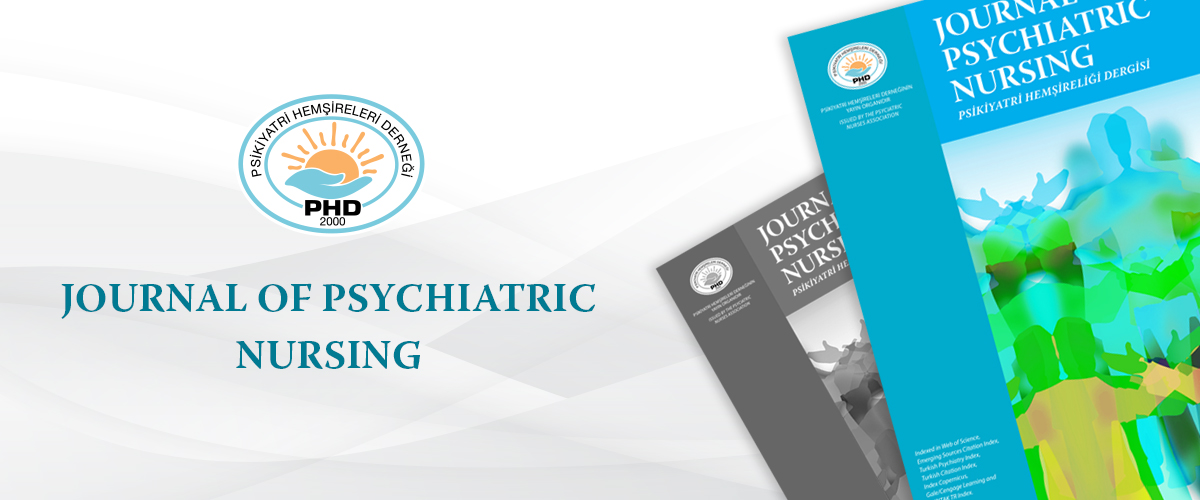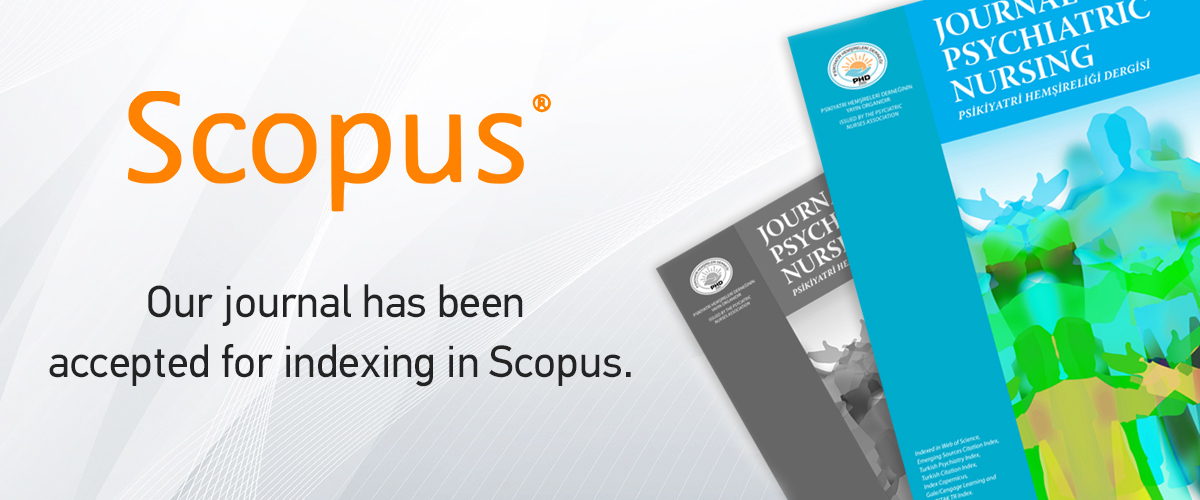
Instructions for Editors
Editors of the journal are responsible for assessing the quality and suitability of submitted manuscripts. One of the most important tasks of the editor(s)-in-chief is to decide whether a manuscript merits publication in the Journal of Psychiatric Nursing.
Division editors make publication recommendations based on the peer review results and their own assessment.
Technical editors evaluate the conformity of a manuscript to the stated format rules of the journal.
The editorial board is collectively responsible for ensuring that the journal publishes high-quality research and adheres to ethical and other publication standards.
The duties of the editor(s)-in-chief and the division editors also include a responsibility to advise and support the editorial board, particularly regarding policies and goals of the journal and cultivating growth and participation; to work to ensure that there is a sufficient quantity of articles reflecting research relevant to readers and of a quality that will elevate the standing of the journal; and to promote the journal among professional colleagues.
Management of Articles Editor evaluation processManuscripts are submitted to Journal of Psychiatric Nursing through an online system. The entire process of manuscript review and publication is conducted using this online manuscript tracking system.
Once a manuscript is submitted for publication, it is reviewed by a technical editor to ensure that the submission is complete, the relevant metadata are in order, and that it is in compliance with the journal format rules.
The article is then forwarded to the publisher for plagiarism screening and the editor(s)-in-chief is informed of the result.
Once this initial screening phase is complete, approved manuscripts are evaluated by the editor(s)-in-chief. The author(s) may be asked to make corrections if there are unclear or questionable circumstances with regard to form, methodology, or other content before the article is sent for additional review. If the manuscript does not comply with the journal’s publishing principles, or if its scientific value is low, it may be rejected immediately.
The division editor is determined by the editor(s)-in-chief, taking into account the field of study, current workload of candidates, and the institutions involved (to avoid any perception of conflict of interest). The division editor reviews the manuscript and provides an opinion to the editor(s)-in-chief about suitability for publication. Applications that are not recommended will be rejected before further review.
All other manuscripts are sent for formal peer review. This process is completed within 21 days.
A flowchart of the Journal of Psychiatric Nursing submission and review process is provided at the end of this section.
Recruiting peer reviewersA division editor should invite at least two reviewers to assess each manuscript. To be eligible to be a peer reviewer for the Journal of Psychiatric Nursing, the following conditions must be met:
- possess at least a Ph.D. degree,
- have at least one article published in a journal indexed in the Scientific and Technological Research Council of Turkey (TUBITAK) Turkish Academic Network and Information Center ULAKBIM-TR Index, as well as the Web of Science (Science Citation Index Expanded, Social Science Citation Index),
- be able to devote sufficient time to article review.
The online system provides the opportunity for authors and other users to recommend reviewers, and qualified authors are also encouraged to offer to contribute their own services as a reviewer.
The following factors must be considered when selecting reviewers:
Impartiality. Reviewers may not work at the same institution as any of the authors of a manuscript they will evaluate or have any active or recent collaboration with the authors. No conflicts of interest or potential perception of impartiality will be permitted. If a potential conflict of interest is detected, a different reviewer will be requested.
Qualifications. Reviewers must have significant experience in the relevant field. The division editors’ assessment of a reviewer’s experience is based in part on their publication history. Engaging a sufficient number of suitable peer reviewers is not always easy, as the most appropriate candidates may not have the time to participate.
Searching for key terms in abstracting and indexing services is one way to find reviewers.
We also suggest browsing the reference list of the article to identify researchers working on similar topics.
Division editors may also invite appropriate reviewers from their existing academic network.
Revision decision processOnce a reviewer has read and assessed the manuscript, they provide a report of their evaluation and decision: acceptance, minor revision, major revision, reject or a judgement that it needs to be rewritten.
Minor revision: The manuscript requires only some small modifications to be suitable for publication.
Major revision: The manuscript must be substantially revised to address recommendations of the reviewers or the division editor
Needs to be rewritten: The manuscript requires extensive revision to conform with the recommendations of the reviewers or the division editor.
The division editor provides the chief editor (s) with her/his final assessment of the article based on the reports of at least two referees and her/his own views.
The final decisionThe editor(s)-in-chief makes a final decision to accept, reject, or propose revisions, with consideration given to the opinions of the division editor and the reviewers.
Accept: The manuscript is considered to be suitable for publication in the journal.
Reject: The manuscript is judged to be unsuitable for publication in the journal.
Revision proposal: The manuscript could be suitable for publication in the journal once editorial concerns are addressed.
If a minimum two reviewers recommend rejection of a manuscript, it will be refused. However, if the division editor and / or chief editors notice a fundamental flaw despite the two referees' suggestions for acceptance or minor revision, they may decide that the article should be rejected.
The Journal of Psychiatric Nursing publishes original work; therefore, any submission that is duplicative or highly derivative will will not be accepted. Submissions should offer observations that will benefit readers and contribute to greater scientific understanding. If reviewers raise insurmountable problems; for example, if the research is critically flawed or the results have previously been published, the editor should reject the manuscript.
ConfidentialityAll manuscripts should be kept completely confidential. Editors may not use any of the insights presented until after publication.
The Journal of Psychiatric Nursing uses a double-blind approach to peer review: Reviewers do not know the authors’ names and the authors do not know the reviewers’ names.
Publication ethicsThe Journal of Psychiatric Nursing editorial team reviews submissions for plagiarism and other types of research misconduct. If warranted, an author’s previous publications may also be reviewed.
If an editor becomes aware of any ethical issues related to a manuscript, such as plagiarism, authorship disputes, duplicate or redundant submission, or manipulation of data and figures, they should contact the editorial office of the journal at [email protected].
The editor(s)-in-chief will ensure that articles submitted by editorial board members will be processed impartially. Articles submitted by Journal of Psychiatric Nursing editorial board members and members of the board of the Psychiatric Nurses Association may not constitute more than 15% of the articles published each year.
Peer reviewAll research articles, review articles, case reports, education articles and miscellaneous published in the Journal of Psychiatric Nursing undergo full peer review by independent editors and reviewers.
The editor(s)-in-chief evaluates letters to the editor and makes a publication decision. The editor who processed the original article and/or the peer reviewers may be consulted.



















